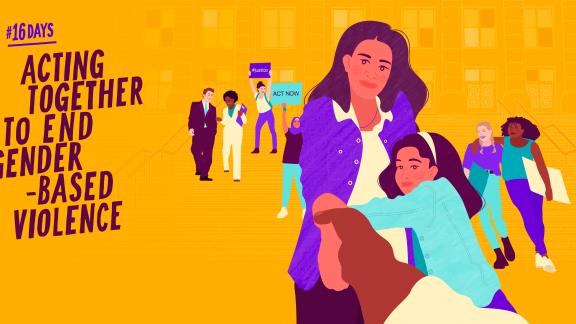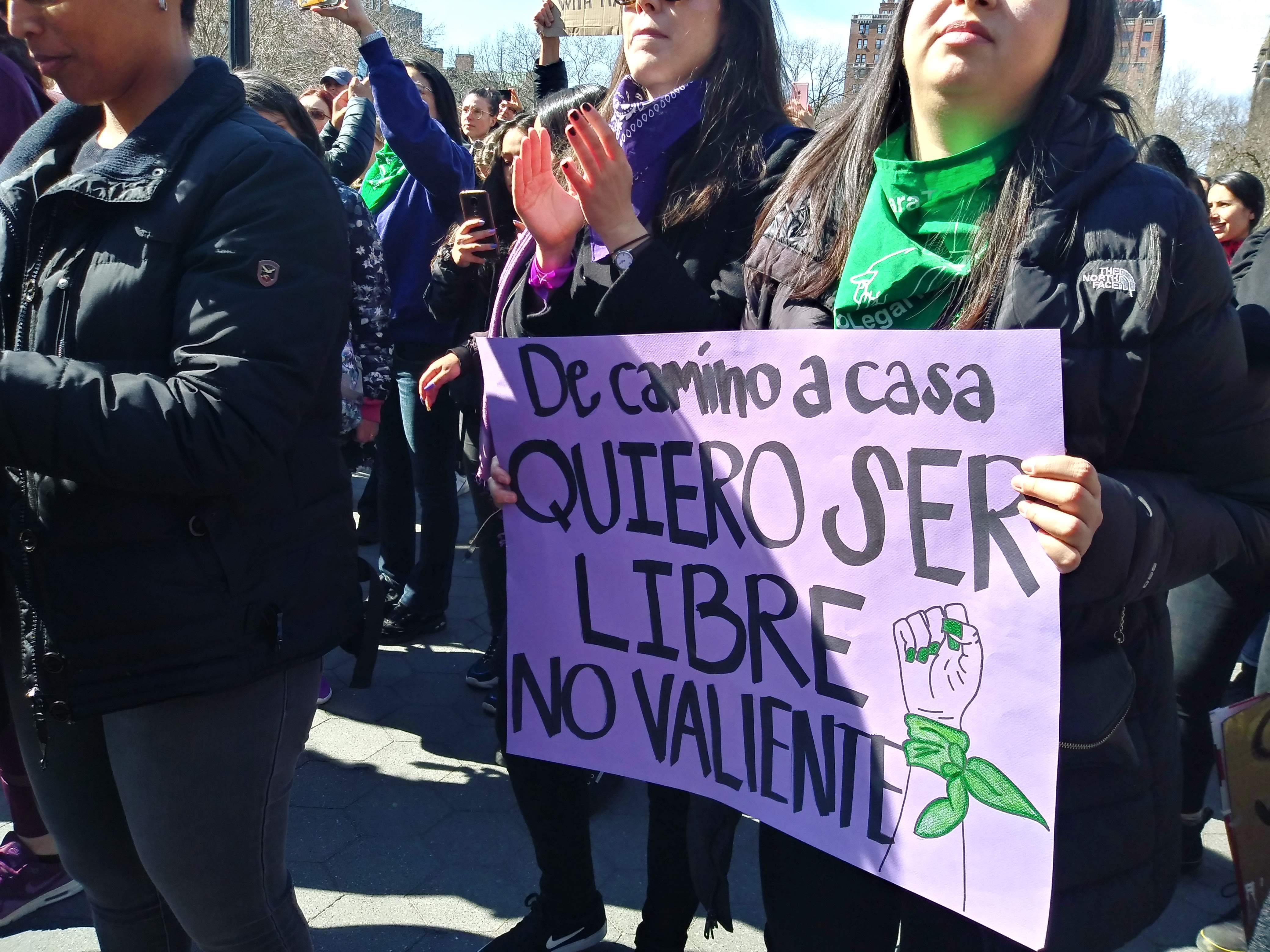One year ago, on the International Day for Elimination of Violence Against Women, IPPF EN welcomed the EU’s recent proposal to introduce its first ever binding legislation on combating violence against women and domestic violence. We urged the EU institutions to seize this unique opportunity to help ensure a safer EU in which everyone could thrive, free from the harm and fear of gender-based violence.
This year, as negotiations on this key file continue, we thank the European Parliament for its work to support and strengthen the draft legislation, and especially welcome its determination to hold firm on maintaining the criminalisation of rape with a consent-based definition across the EU. Consent-based laws are an essential measure to ensure greater access to justice for victims of sexual violence, and too many European countries still have outdated legislation with patriarchal definitions that require force or threats to have taken place.
Sadly, Member States’ contribution so far has been to try water down this landmark EU proposal and to drag their feet over vital measures designed to protect and further gender equality. It is unacceptable for the EU Council to place politics and technicalities ahead of people’s lives, when far too many of us are disproportionately affected by violence on the basis of our gender alone, and a shocking third of women in the EU have experienced physical and/or sexual violence since the age of 15.
This 25 November, as the EU institutions seek to finalise talks on the future law, we urge national governments to put people first and back a strong and progressive bill that will truly underpin efforts to combat GBV in Europe, including by ensuring that rape becomes a criminal offence with a consent-based definition across the entire EU.
Among the many other vital measures that must feature in this future EU legislation, IPPF EN applauds MEPs’ support for ensuring that victims of sexual violence have access to essential sexual and reproductive healthcare, including abortion care. The EU Council has inexcusably so far failed to guarantee medical care for victims, thereby exposing people to further harm, particularly in restrictive contexts where women face denial of care.
Comprehensive sexuality and relationship education is a vital prevention measure because when we equip all young people with crucial knowledge and skills to navigate issues like consent and gender norms, we empower them to build healthy and respectful relationships, and tackle the root causes of GBV. MEPs have backed strong language on sexuality education as a tool for prevention, and we count on negotiators to ensure that robust wording is adopted in the future EU law.
It is also crucial that the EU legislation take an intersectional approach and recognise that some groups - such as LGBTIQ people, sex workers and women fleeing conflict - face increased risks or have specific needs.
***
Read more about how the EU bill is a crucial tool to keep people safe from harm.
when












